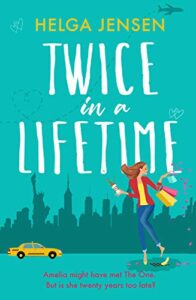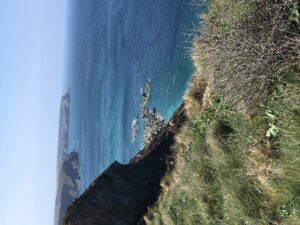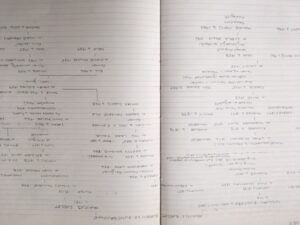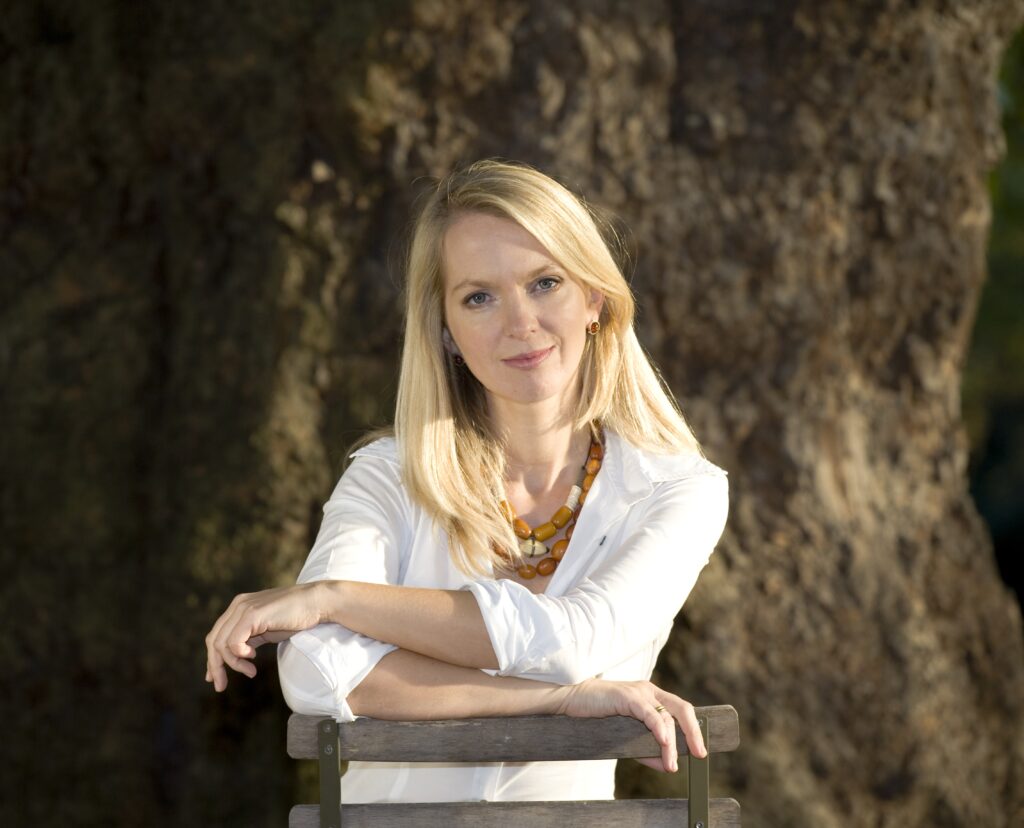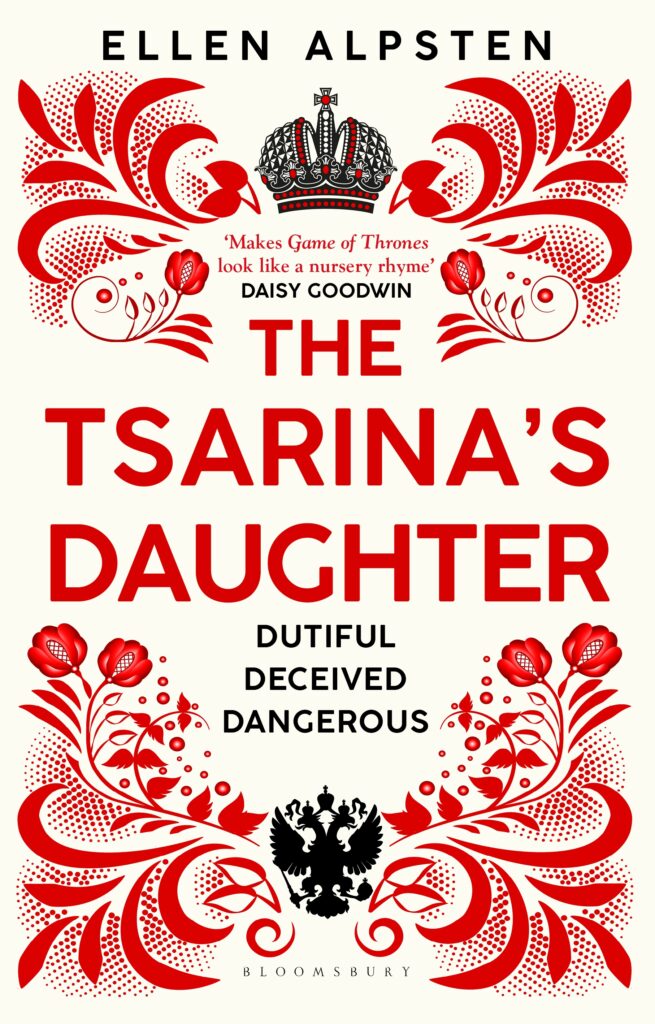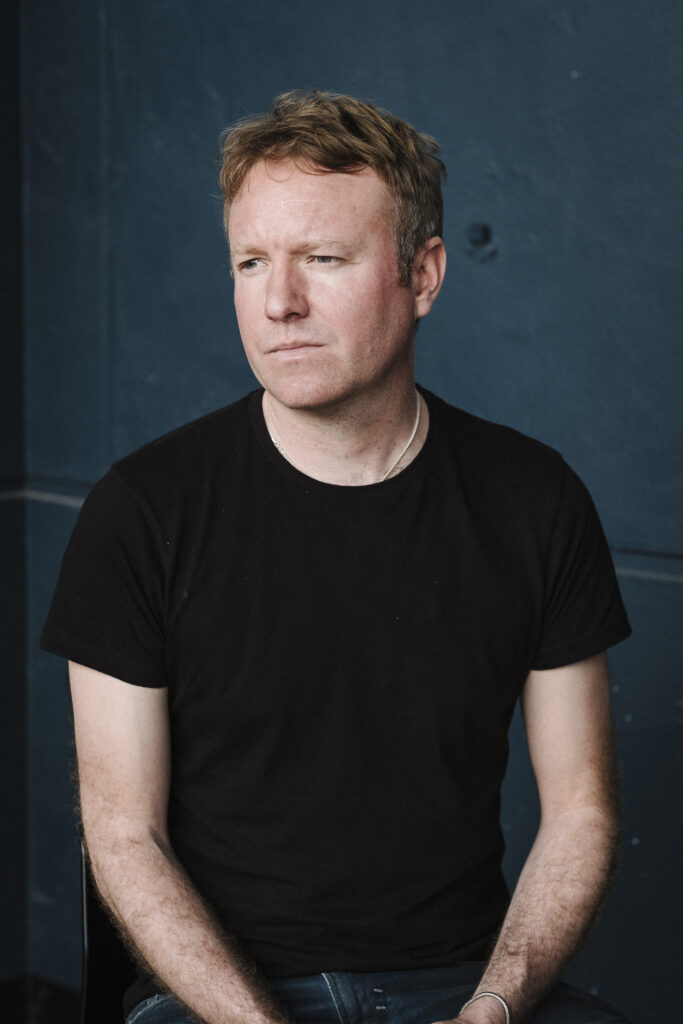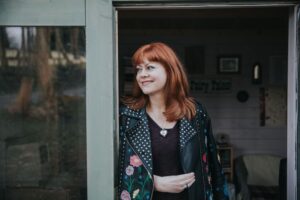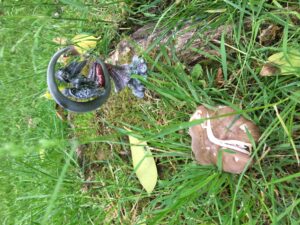
What you have written, past and present
Like so many authors, I have always written stories, poems, and the beginnings of ‘novels’ that remained forever unfinished. As a young child these were complete with messy felt-tip illustrations and growing up, pieces of my work would appear in the school magazine each term. I’m still not sure of their merit, but Mum always thought they were great, and she obviously wasn’t biased.
In my late teens, I found myself in a long relationship with a playwright and screenwriter, and encouraged by him, began a regular writing practice between acting jobs: short stories, plays, more poetry than I can recall; always poetry – I have an engraved Moleskine at home full of these personal noodlings. When I die, I dread to think of my family going through them.
In my thirties, frustrated with the quality of scripts I was reading (I am also an actor), I began to write screenplays and comedy pilots of my own. These would garner modest amounts of interest from the powers that be at television channels, but never reached fruition and they are now consigned to my ‘oh well’ drawer.
In truth, it was only shock, when my father was given a terminal cancer diagnosis back in 2015, that propelled me into writing seriously. I think it made me reassess what my life and what I was waiting for. I tentatively started the novel that was to become This Fragile Earth, and discovered I loved everything about the daily practice of writing: the space and time long-form prose gave me in my head, the agency I had over my characters and the world-building. I haven’t stopped writing since.
What are you promoting now?
This Fragile Earth is my debut, and the hardback is out on 24th June of this year. It’s a post-apocalyptic survival story about a mother, Signy, and her six-year-old son, Jed, who following a tragic event, are forced to flee near-future London and travel to the Midlands to seek out the protagonist’s mother. When they get there, however, things are far worse than they could ever have imagined. The book is a grounded science fiction thriller, with at its centre, the beating heart between the two main characters.
If you’re a fan of John Wyndham, or perhaps Emily St Mandel’s Station Eleven, this is the book for you.

A bit about your process of writing, how do you do your structure, and do you plan or just write?
I find it very hard to talk about ‘process’ when discussing art of any kind. I know some people are good at it, I’m not. I’ve written three books and for each one the process has been different. With This Fragile Earth the plot came to me quickly over the course of one night. With only a few small tweaks, I set about writing it directly from the ideas bubbling in my head. I already had a decent grounding in some of the themes in the book, although I made up almost all the ‘science’ myself. I even dreamt one of the main coding theories in there! In the course of completing it though, I did more research, attending lectures and reading books on the subject and so on.
My second novel, out next year, is a dark comedy about grief. When I set out writing it, I had no idea what it would be about, barring the bare bones. I had no plot, only two characters and not a clue what the ending would be. I took part in the Faber Academy novel-writing course over six months in 2018 and completed an entire first draft. I really loved the ‘pants-ing’ rather than ‘planning’ nature of this book, though it did mean rather a lot of editing once finished, of course!
My third novel is set around some dodgy goings-on in a small village in Cumbria. Before I began, I had a plot, all the characters, and a location, and wrote out each point at the start. I did research on some elements in the book (I can’t say what they are here without giving the game away!), but the setting is a place very familiar to me, so that helped a lot. A few plot points have moved within the process of writing it, but basically, I am sticking to my initial ideas. I began during lockdown in April last year and am still going strong: I was hoping the first draft would be about 75K words, but I think it will be closer to 100K. Its completion has been hampered by home-schooling, preparing This Fragile Earth for publication, editing my second book, and the fact my partner has been away for seven months for work since January. It’s been slow-going, but I’m hoping the book is no worse for it.
I tend to write in the morning for two hours if I can, either at 9.30 straight after dropping my son at school, or after a walk or some sort of exercise, around 11. I find it very hard to write in the afternoon for some reason but will force myself to if I’ve been unable to complete my daily words beforehand. I’m also an actor, and auditioning and learning lines, as well as acting work itself, eats into a vast amount of writing time. Saying that, there is a lot of hanging around when one is filming, so I always take my laptop with me and use the time to catch up on my word count. It’s a brilliant and unexpected bonus and has made me far less resentful about all the ‘wasted’ hours actors endure.
Most of the time I am not filming and will write at the kitchen table (without music) or kneeling on the rug in our living room, using the coffee table as a desk. I get terrible dead feet after I stand up and will often hobble around comically for half an hour trying to eradicate the pins and needles. I have a special foam support for my wrists too, as I tend to get RSI after a long period of typing. My eyes do go a bit squiffy after a long session of intense focus. Basically, I’m falling to pieces.
What about word count?
I tend to set myself a very achievable 500 words per day (five days a week) when I’m drafting. This will take me around an hour to an hour and a half. Then another hour perhaps of reviewing the previous day’s words. I prefer to set a low bar as I find I work better if I’m hitting my target than setting unrealistic goals, then spending the rest of the day beating myself up for my failures. This helps me stay motivated, which is important when undertaking such a vast piece of work.
When I’m editing a completed draft, I can easily spend three or four hours at my desk and hardly even notice where the time has gone. Even more if I have line edits back from my publisher. I once spent ten hours working on notes from my agent. I would strongly advise against this.
What do you find hard about writing?
Ha. Well, this is a tricky one to answer, because without meaning to sound like a plonker, I really feel – for me at least – that writing is the best job in the world. I guess if I had to say a couple of things, one would be the loneliness (though ironically, this is also one of the things I love about writing). It can be a little isolating spending all day with only the people in your head for company, before going out for a walk alone. Sometimes 24 hours can pass and the only person I will have spoken to is my 11- year-old son. Love him as I do, he’s not a great dinner table conversationalist.
The other thing I find difficult is the mental responsibility. By this I mean that like the expression ‘this book isn’t going to write itself’, the completion of any book is entirely in the hands of the author. The manuscript sits like a patient pet waiting for attention, but if there happen to be other things going on in life, it requires huge amounts of discipline and mental energy to carve out time to honour this. Some days the words fly out, some they are like sticks in a muddy dam. It’s important to know when to just close the computer and get one with something else
What do you love about writing?
What’s not to love?! I love that no one else is there making me write, it is entirely my own work, that ‘being left alone’ feeling. I love that it allows time for introspection. I gain a great sense of inner peace from its practice. On top of this, having a whole world in the palm of one’s hand is just the greatest feeling. There is huge satisfaction in putting words in order so that they have rhythm and cadence, just like music. The joy when one reads back a passage and thinks ‘hmm, that isn’t half bad,’ is like nothing else.
More than this though, is the vast pride and sense of achievement from completing a novel, especially when one gets to see it type-set, or in its proof form, or better still the actual finished version. It is an object created outside oneself, to be held in the hands of others, taking them to new places, and will it live on long after the author is dead and gone. I still can’t quite get my head around this concept.
This Fragile Earth by Susannah Wise is out now in hardback by Gollancz.
 When I was planning my debut novel, Twice in a Lifetime, there was only one place for me to set it in. Having been brought up in West Wales, I was determined that any book I wrote would focus on some of the stunning areas around us. How you could possibly put those scenes into words was a completely different challenge! However, I knew that I wanted to promote Wales and see it featured in more commercial fiction. We have many women’s fiction books set in Cornwall or Ireland, so why not Wales?
When I was planning my debut novel, Twice in a Lifetime, there was only one place for me to set it in. Having been brought up in West Wales, I was determined that any book I wrote would focus on some of the stunning areas around us. How you could possibly put those scenes into words was a completely different challenge! However, I knew that I wanted to promote Wales and see it featured in more commercial fiction. We have many women’s fiction books set in Cornwall or Ireland, so why not Wales?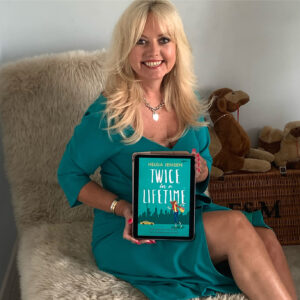 When I first queried my book and sent it to agent’s I had a mixed response. Some loved the idea of a different setting, but one agent stated that perhaps Cardiff would be acceptable for my romantic comedy, but nothing further west. I was quite surprised at this. We often see Cornwall with its beautiful beaches, so why not West Wales with its similar beauty?
When I first queried my book and sent it to agent’s I had a mixed response. Some loved the idea of a different setting, but one agent stated that perhaps Cardiff would be acceptable for my romantic comedy, but nothing further west. I was quite surprised at this. We often see Cornwall with its beautiful beaches, so why not West Wales with its similar beauty? Since Twice in a Lifetime was released, I have had lovely messages telling me how refreshing it is to have a romantic comedy set in Wales. Naturally, I was thrilled at this feedback, as this is precisely what I set out to achieve.
Since Twice in a Lifetime was released, I have had lovely messages telling me how refreshing it is to have a romantic comedy set in Wales. Naturally, I was thrilled at this feedback, as this is precisely what I set out to achieve.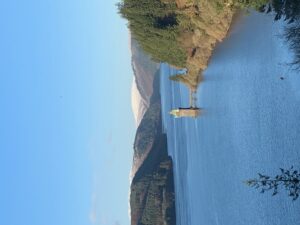 Trends are certainly changing, and more and more books are getting published in the mainstream from the region, but I would still like to see Wales in more romantic comedies. We have ubiquitous books traditionally set in mining villages or used in historical fiction, so I would now like to see it featured as a setting in comedies and romance. After all, welsh men can be funny and romantic when they want to be!
Trends are certainly changing, and more and more books are getting published in the mainstream from the region, but I would still like to see Wales in more romantic comedies. We have ubiquitous books traditionally set in mining villages or used in historical fiction, so I would now like to see it featured as a setting in comedies and romance. After all, welsh men can be funny and romantic when they want to be!
